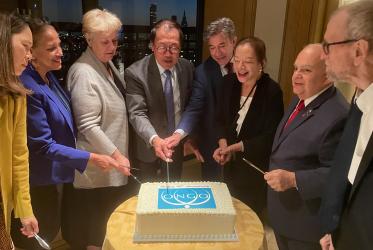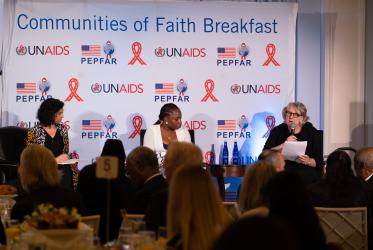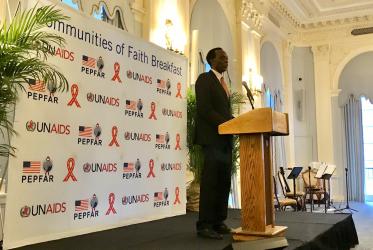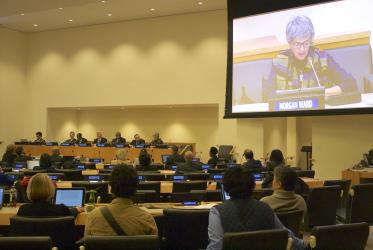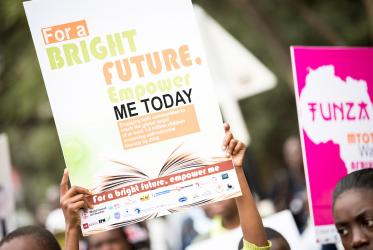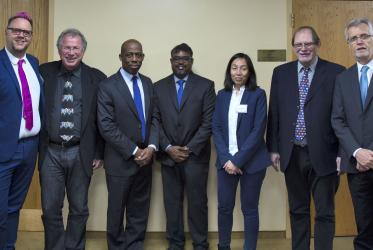Displaying 1 - 20 of 55
25 April 2024
Ukraine: Responding to humanitarian need
08 September 2022
Churches should use their voice on climate change
26 February 2020
WCC remembers lost colleagues
24 May 2019
Pan African Women of Faith issue fervent Call to Action
20 November 2018
New economic architecture focus of New York meeting
22 April 2018

